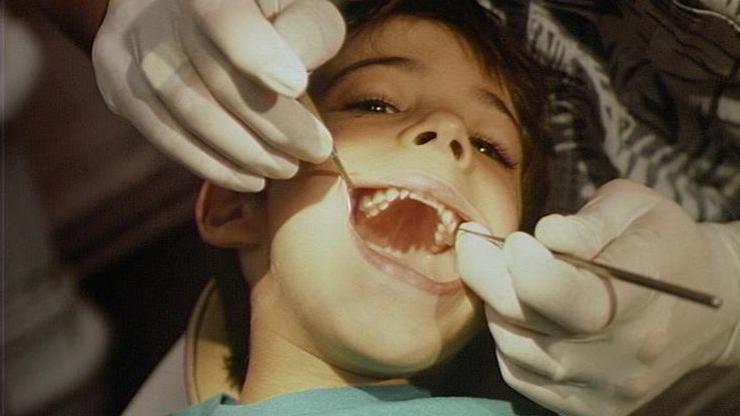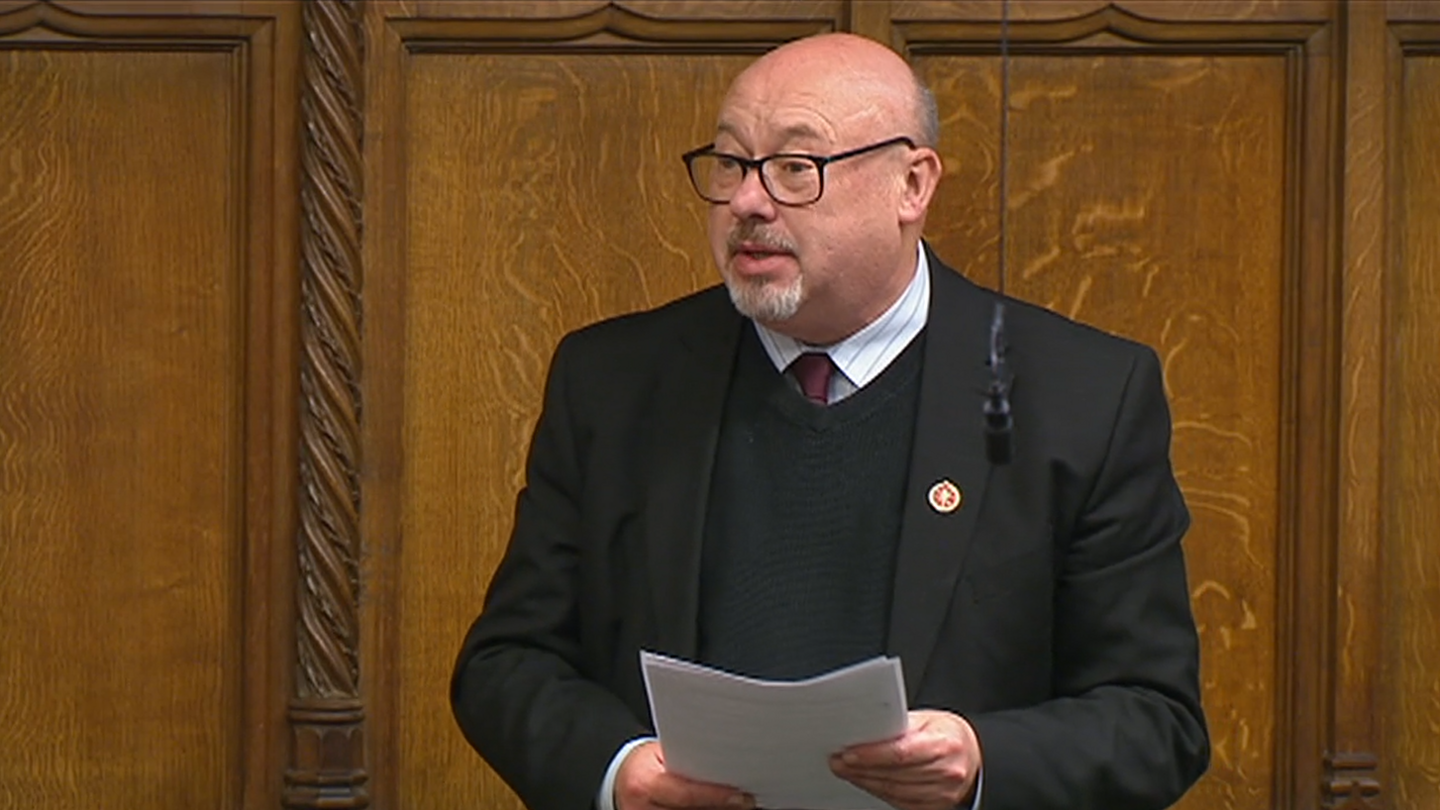Child dental plan targets most deprived areas

Children in Middlesbrough may receive fluoride varnishing treatment to prevent tooth decay
- Published
A fluoride varnishing programme could be introduced in Middlesbrough in a bid to improve the dental health of the town's most deprived children.
Figures suggest that Middlesbrough has the highest level of tooth decay in five-year-olds in the North East.
The issue continues into adulthood with almost 30% suffering further oral health impacts, compared to just under 18% in England.
The council's executive met last week to discuss the findings of a review and agree proposals.
These include a community fluoride varnish programme targeted at school pupils with the highest rates of decayed, missing and filled teeth.
The treatment involves painting fluoride varnish, in gel form, on to children's teeth using a soft brush.
It is expected to cost around £30,000 a year, with future spending funded by an existing public health grant.
'Dental desert'
Middlesbrough Council had previously commissioned a dental scheme in primary schools, but it was paused during the Covid pandemic and never resumed.
The impact of the pandemic has been significant, with just under half of children and fewer than 40% of adults accessing dental care in 2022.
In a letter to the health secretary, the chair of the authority's health scrutiny panel Jack Banks said the town is at risk of poorer dental health and worsening health inequalities
He said: "It is vital that the government addresses the crisis of access in NHS dentistry and ensures that access to NHS dental services is equal and affordable for everyone in the region."
It comes after the government announced its £200m dental recovery plan which focuses on oral health in young children and delivering an expanded dental workforce.
In January, Teesside was branded a “dental desert” by Labour with only one surgery in the area appearing on an NHS website to accept new adult patients.
Follow BBC Tees on X (formerly Twitter), external, Facebook, external and Instagram, external. Send your story ideas to northeastandcumbria@bbc.co.uk.
Related topics
More stories from BBC North East and Cumbria
- Published9 January 2024
